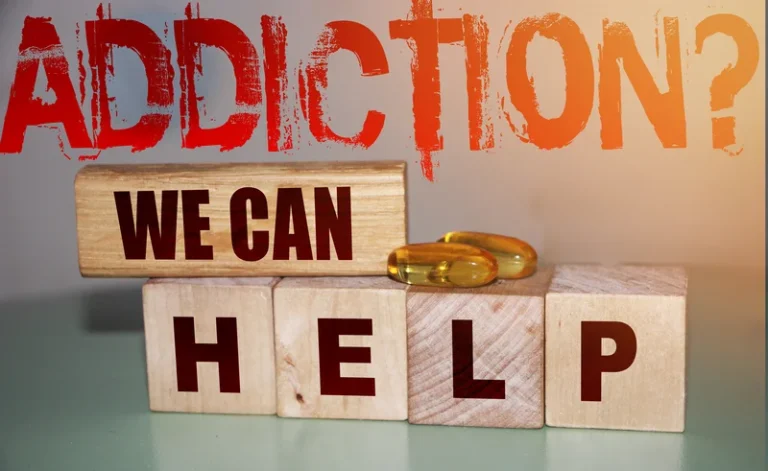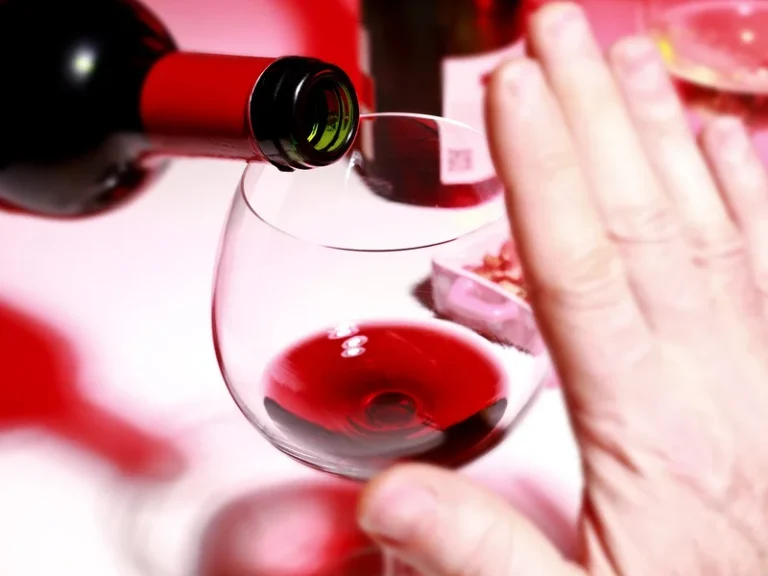Cannabidiol: Pharmacology and Therapeutic Targets

The exact mechanism of action of Xywav in the treatment of adults with idiopathic hypersomnia and of cataplexy and EDS in narcolepsy is unknown. Understanding the differences between CBD and THC is crucial for older adults considering cannabis-based therapies. While THC offers certain therapeutic benefits, its psychoactive effects and potential risks may outweigh the advantages for some individuals. CBD presents a non-intoxicating alternative with a favorable safety profile, but it’s essential to consult with a healthcare provider to ensure it’s appropriate for your specific health needs. Drug rehabilitation It can also be harmful if labels aren’t accurate or if people start to treat medical conditions with CBD instead of medication for which there is compelling evidence of effectiveness from well-designed clinical studies.
Potential Risks

Widespread CBD use is still in its relative early days, so researchers are yet to determine a consensus around CBD oil’s long-term effects. It is essential to read the label and ingredient list on CBD products and consult with your healthcare provider to discuss potential interactions with supplements, medications (over-the-counter and prescription), and food. While you can take CBD products with or without food, your body may absorb more CBD with food, increasing its effects and interactions. Always tell your healthcare provider and pharmacist about all your medicines, including prescription, OTC, herbal, or recreational drugs.

View All Consumer Products & Retail
“To get a therapeutic benefit, particularly for seizures or acute pain, it appears you probably need to take around 10 to 20 milligrams per kilogram, so roughly a gram of cannabidiol per day.” Advocates say medicinal cannabis offers effective relief when other treatments are failing. But Australian guidelines say there’s limited evidence to support its use. “Usually when we’re trying to get a drug registered or design a clinical trial, we’re looking at one symptom, one disease, one chemical. You may have also heard celebrities, influencers and podcast presenters touting the many benefits of taking a regular dose of the medicinal cannabis concoction, from treating anxiety and insomnia to general pain relief.
Sedative medications (CNS depressants) interacts with CANNABIDIOL (CBD)
Interestingly, over 70 percent of those in the study found that it helped symptoms in some way, while less than 2 percent responded that CBD made it worse. CBD interacts with the endocannabinoid system, a large messaging network in your body that plays a key role in regulating many physiological functions. In fact, cannabinoids are so essential to good health that your brain produces its own.

Natural Medicines disclaims any responsibility related to medical consequences of using any medical product. Effort is made to ensure is cbd addictive that the information contained in this monograph is accurate at the time it was published. Consumers and medical professionals who consult this monograph are cautioned that any medical or product related decision is the sole responsibility of the consumer and/or the health care professional.
- Both cannabinoids affect your brain, but CBD doesn’t cause a high.
- After an hour, the effects of a vape may dissipate, while the effects of an edible may intensify.
- CBD is relatively new to the market and not well regulated, so there’s always a risk that a CBD product may contain more CBD or THC than the product label shows.
- Your body can absorb inhaled compounds directly from your lungs into your bloodstream.
In addition, there are other health considerations to take before beginning to use CBD. For example, some edibles and gummies contain non-insignificant amounts of added sugar, which is important to consider if you have diabetes. In 2018, former President Donald Trump signed the Farm Bill—aka the Agriculture Improvement Act—that made it federally legal to grow hemp. While each state has different compliance regulations, this essentially means it is legal to grow hemp and use hemp products, including CBD. This federal regulation also means you should be able to travel with CBD.
- However, she pointed out that athletes, who often are required to take more sensitive drug tests, could potentially test positive for trace amounts of THC if they’ve used CBD products.
- Likewise, CBD may help treat childhood epilepsy and other seizure disorders.
- As with many supplements, there are potential risks you might experience while using it.
- “You should avoid any company that makes disease claims,” Beatty said.
- Xanax (alprazolam) is a benzodiazepine medication used to treat anxiety and panic disorders …
CBD Benefits

In a small 2017 study, adults with ADHD who used a cannabis spray saw no difference in cognitive performance but had improvements in hyperactivity and impulsivity. Another small study in 2022 found that adults with ADHD who added oral CBD oil to their other medicines experienced substantial positive effects. Their ability to keep their emotions in check, and to get or excel at a new job improved, along with their mental health.
The personal information will be collected by Health Canada as part of the feedback related to natural health products containing cannabis (NHPCC) pathway under the Department of Health Act and handled in accordance with the Privacy Act. 1988—Scientists identified cannabinoid receptors in rat brains, leading to the discovery of the human endocannabinoid system, which regulates many body functions. Similarly, hemp is not marijuana any more than broccoli is cabbage. Industrial hemp plants can only have 0.3 percent THC (the compound that makes you “high”) in the entire crop, whereas marijuana can have up to 30 percent THC in it.
- CBD and its active metabolite demonstrate activity at varying degrees on numerous P450 isoforms, including CYP3A4 and 2C19, as well as at P-glycoprotein and glucuronidation pathways.
- Another randomized, double-blind, placebo-controlled clinical trial in 88 patients with schizophrenia found oral CBD solution (1000 mg/day for 6 weeks) decreased positive psychotic symptoms (McGuire et al. 2018).
- CBD has gained popularity for its potential to alleviate symptoms of anxiety, insomnia, and chronic pain.
- You should talk with your health care provider for complete information about the risks and benefits of using this product.
- Absorption, distribution, and biotransformation of the cannabinoids.
- CBD-infused waters, meanwhile, were the least reliable, with three out of four products testing at 0% CBD.
Both cannabinoids affect your brain, but CBD doesn’t cause a high. Hemp contains higher CBD levels and little THC, which is why manufacturers make most CBD from hemp crops. While it no longer considers CBD a drug on its own, CBD can be in the drug Epidiolex, which the FDA approved to treat seizure disorders. There’s not a lot of research on CBD, but the results on topics experts have studied are promising. Some studies have found CBD may be effective in providing relief from various mental health and physical conditions. CBD comes in many forms, including oils, tinctures, capsules, patches, vapes, and topical preparations for use on skin.
Delta-THC Cannabinoids and Semi-Synthetic Cannabinoids
- Our brains are filled with “cannabinoid” receptors known as CB1 and CB2 receptors.
- However, serious side effects are rare, and CBD is probably safe for most people.
- Pain, anxiety, and depression are the top three conditions for which people report taking CBD.
- By federal law, hemp-derived CBD oil must limit delta-9-tetrahydrocannabinol (THC) to 0.3% or less.
Xywav is the only FDA-approved treatment studied across the multiple symptoms of idiopathic hypersomnia, such as EDS, sleep inertia (severe grogginess or confusion when waking up), long sleep duration and cognitive impairment. Xywav can be administered as a twice- or once-nightly regimen for the treatment of idiopathic hypersomnia in adults. On the other hand, the NCCIH does not single out CBD oil as an effective form of delivery for these conditions.

